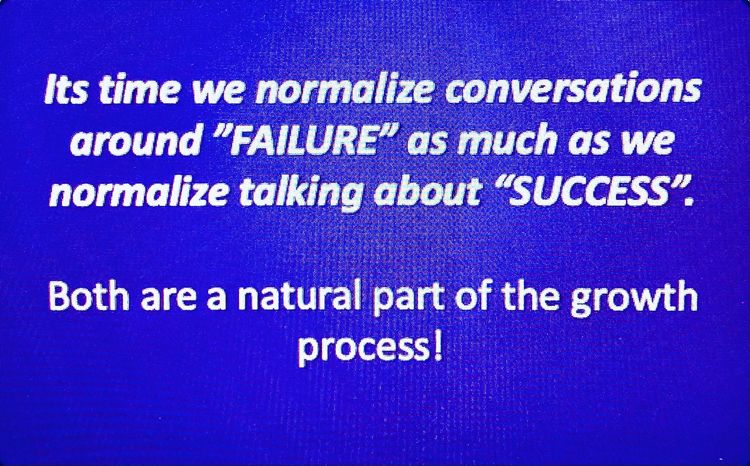Success is often glorified in our society. We celebrate achievements, promotions, and victories, but what about failure? Failure is an inevitable part of life, and it’s time we normalize it just as much as we normalize success. In fact, failure can be a catalyst for growth, innovation, and personal development. This blog post explores the importance of normalizing failure and promoting a growth mindset in the workplace. Whether you’re a leader looking to cultivate a supportive growth culture or an individual seeking personal and professional development, this discussion will offer insights and actionable steps to help you along the way.
Understanding the Growth Mindset
Before we delve into the importance of normalizing failure, let’s first understand what a growth mindset is. Coined by psychologist Carol Dweck, a growth mindset is the belief that abilities and intelligence can be developed through dedication, hard work, and learning. In contrast, a fixed mindset believes that abilities are innate and unchangeable, leading to a fear of failure and avoidance of challenges.
Encouraging a growth mindset in the workplace is essential for fostering innovation, resilience, and adaptability among employees. Here are some ways to cultivate a growth mindset in your organization:
- Coach Managers to Support Team Members
Managers play a crucial role in shaping the mindset and attitudes of their team members. It’s essential to coach managers on how to support individuals who may be susceptible to a fixed mindset, imposter syndrome, low confidence, or a critical inner voice. This coaching should include strategies for providing constructive feedback, setting realistic goals, and emphasizing the importance of effort and perseverance over innate talent.
- Normalize Continuous Learning and Incremental Success
In a culture that celebrates success, it’s vital to shift the focus toward continuous learning and incremental progress. Encourage open discussions about ongoing skill development and personal growth. Highlight the value of small wins and the journey toward larger goals. By normalizing the process of improvement, you can create an environment where employees feel safe to take risks and embrace challenges.
- Support Failure as an Opportunity to Grow
Failure is not the end; it’s a stepping stone to growth and improvement. Encourage discussions around failure, where employees can share their experiences and lessons learned. Create a safe space for individuals to admit their mistakes and setbacks without fear of judgment. By acknowledging that failure is a natural part of the learning process, you empower your team to bounce back stronger.
- Create a Culture of Growth
To foster a growth mindset, establish a culture that values learning, development, and resilience. Set regular and shorter challenges for your team, accompanied by support and review sessions. These challenges should push employees outside their comfort zones while providing the necessary resources and guidance to succeed. Emphasize the importance of embracing challenges as opportunities for growth.
- Value Collaboration and Learning from Failure
Encourage collaboration among team members, as working together often leads to innovative solutions and shared learning experiences. When someone on the team faces a setback or failure, use it as an opportunity for the entire group to learn and grow. Discuss what went wrong, what could have been done differently, and how to apply those lessons to future endeavors.
The Benefits of Normalizing Failure
Now that we’ve explored how to promote a growth mindset, let’s dive deeper into the benefits of normalizing failure in the workplace.
- Fosters Resilience
Failure tests our resilience and ability to bounce back from setbacks. When employees are encouraged to view failure as a natural part of the learning process, they become more resilient. They are better equipped to handle adversity, adapt to change, and persevere through challenges.
- Encourages Risk-Taking
A fear of failure often stifles creativity and innovation. Normalizing failure reduces this fear, allowing employees to take calculated risks and explore new ideas. When people are not afraid to fail, they are more likely to push boundaries and think outside the box.
- Promotes a Growth Mindset
Normalizing failure is a cornerstone of promoting a growth mindset. It reinforces the belief that abilities can be developed through effort and learning. As individuals embrace this mindset, they become more motivated to seek out challenges and continuously improve.
- Enhances Learning and Development
Failure provides valuable learning opportunities. When mistakes are acknowledged and discussed openly, employees gain insights into what went wrong and how to improve. This learning process accelerates personal and professional development.
- Strengthens Team Cohesion
In a culture that normalizes failure, team members are more likely to support one another during tough times. This sense of camaraderie and mutual encouragement strengthens team cohesion and collaboration. Teams that learn from failure together are better equipped to achieve success collectively.
- Drives Innovation
Many groundbreaking innovations have emerged from multiple failures. By normalizing failure, organizations create an environment where employees feel free to experiment and push boundaries. This can lead to the discovery of new solutions and opportunities that may not have been explored otherwise.
Real-World Examples of Embracing Failure
To illustrate the power of normalizing failure, let’s take a look at a few real-world examples from prominent companies and individuals.
- Google’s “Moonshot” Projects
Google is known for its ambitious “moonshot” projects, which aim to tackle some of the world’s most challenging problems. Many of these projects involve significant risks and uncertainties, and failure is often an expected outcome. However, Google embraces failure as an opportunity to learn and iterate.
For instance, Google’s self-driving car project, Waymo, went through numerous setbacks and accidents during its development. Instead of abandoning the project, the company learned from these failures and continued to refine the technology. Today, Waymo is a leader in autonomous vehicle technology, thanks in part to its willingness to normalize failure as part of the innovation process.
- SpaceX’s Rocket Reusability
SpaceX, led by Elon Musk, is another example of a company that embraces failure in pursuit of groundbreaking achievements. SpaceX’s goal is to make space travel more accessible and cost-effective. One of their key innovations is the development of reusable rockets.
SpaceX experienced multiple rocket launch failures in the early stages of this endeavor. However, instead of giving up, the company used these failures as opportunities to improve their technology. Over time, they successfully developed reusable rockets, drastically reducing the cost of launching payloads into space. SpaceX’s willingness to fail and learn from those failures has revolutionized the space industry.
- Thomas Edison’s Light Bulb
Thomas Edison, one of history’s most prolific inventors, famously said, “I have not failed. I’ve just found 10,000 ways that won’t work.” Edison’s journey to invent the practical incandescent light bulb was filled with numerous experiments and failures.
Edison’s ability to normalize failure and view it as a step toward success ultimately led to the creation of a commercially viable light bulb. His approach to failure as a valuable learning experience remains an inspiration to innovators and inventors worldwide.
Steps to Implement a Failure-Normalizing Culture
Now that we’ve explored the benefits and seen real-world examples of embracing failure, let’s discuss practical steps to implement a failure-normalizing culture in your workplace.
- Lead by Example
As a leader or manager, it’s essential to set the tone for your team. Embrace your own failures and share your experiences openly. By demonstrating that failure is a natural part of growth, you encourage your team members to do the same.
- Provide Constructive Feedback
When employees face setbacks or make mistakes, offer constructive feedback rather than criticism. Focus on what can be learned from the experience and how they can improve moving forward. Avoid blaming or shaming, as this can discourage risk-taking.
- Encourage Risk-Taking
Create an environment where employees feel comfortable taking calculated risks. Encourage them to stretch their abilities and explore new ideas. Celebrate both successful outcomes and the valuable lessons learned from failures.
- Foster a Learning Mindset
Promote continuous learning as a core value within your organization. Encourage employees to seek out training, workshops, and opportunities for skill development. Emphasize that learning is an ongoing journey, and everyone can improve with time and effort.
- Establish Safe Spaces for Discussion
Set up regular meetings or forums where employees can openly discuss their failures and setbacks. Create a safe and nonjudgmental space where individuals can share their experiences, seek advice, and receive support from their colleagues.
- Recognize and Reward Effort
Shift the focus from solely celebrating outcomes to recognizing and rewarding effort. Highlight instances where employees demonstrated resilience, perseverance, and a willingness to learn from failure. This encourages a growth mindset within your team.
- Provide Resources for Growth
Ensure that your organization offers resources, such as training programs, mentorship opportunities, and access to educational materials, to support employee growth and development. Investing in these resources demonstrates your commitment to fostering a growth mindset.
Conclusion
In a world that often prioritizes success over failure, it’s crucial to recognize the immense value that failure brings to personal and professional growth. Normalizing failure and promoting a growth mindset can lead to greater resilience, innovation, and overall success in the workplace.
As a leader or team member, you have the power to shape the culture of your organization. By embracing failure, providing support, and encouraging continuous learning, you can create an environment where individuals are not afraid to take risks, learn from their mistakes, and ultimately achieve their full potential.
Remember that failure is not the end of the road; it’s a stepping stone on the path to success. Embrace it, learn from it, and watch your organization thrive in the face of challenges.


